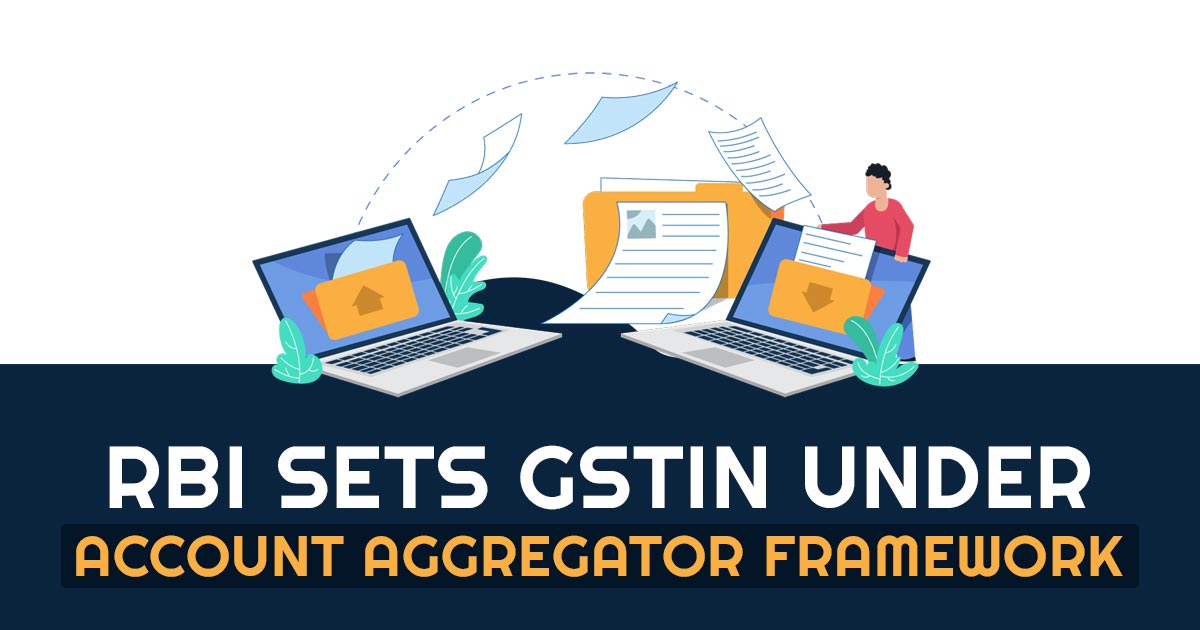
The Reserve Bank of India (RBI) comprises the GSTN as an information provider concerned to finance beneath the AAF (Account Aggregator Framework). The latest move has the motive to ease the flow of cash as per the lending to micro, small and medium-sized enterprises (MSMEs). The council’s revenue shall be the regulator of the GSTN to provide the returns on the GST.
GST returns furnished in GSTR-1 and GSTR-3B shall be the financial data. In the year 2016, the RBI discharged the framework for the enrollment and function of the account aggregator framework in India.
The account aggregator would provide the sharing of the information between the persons and the financial institutions. The lenders could see the same data prior to furnishing the loan to the person or the entity. Nearly a billion accounts, 17 banks, and 48 non-bank lenders would make their account aggregator framework enabled.
What is the Simple Meaning of the GSTIN?
GSTIN is a unique identification number for all business entities registered to collect GST. As part of the state VAT law, every registered business is assigned a TIN number by the state tax department. In the same way, the Central Board of Excise and Customs (CBEC) assigns a service tax registration number to a specific service provider.
Under the GST tax scheme, all businesses are consolidated under one taxation authority and their multiple identification numbers are replaced by one registration number called the GSTIN. One of the main aims of providing GSTIN numbers is to streamline administrative processes, improve compliance, and increase tax collection.









